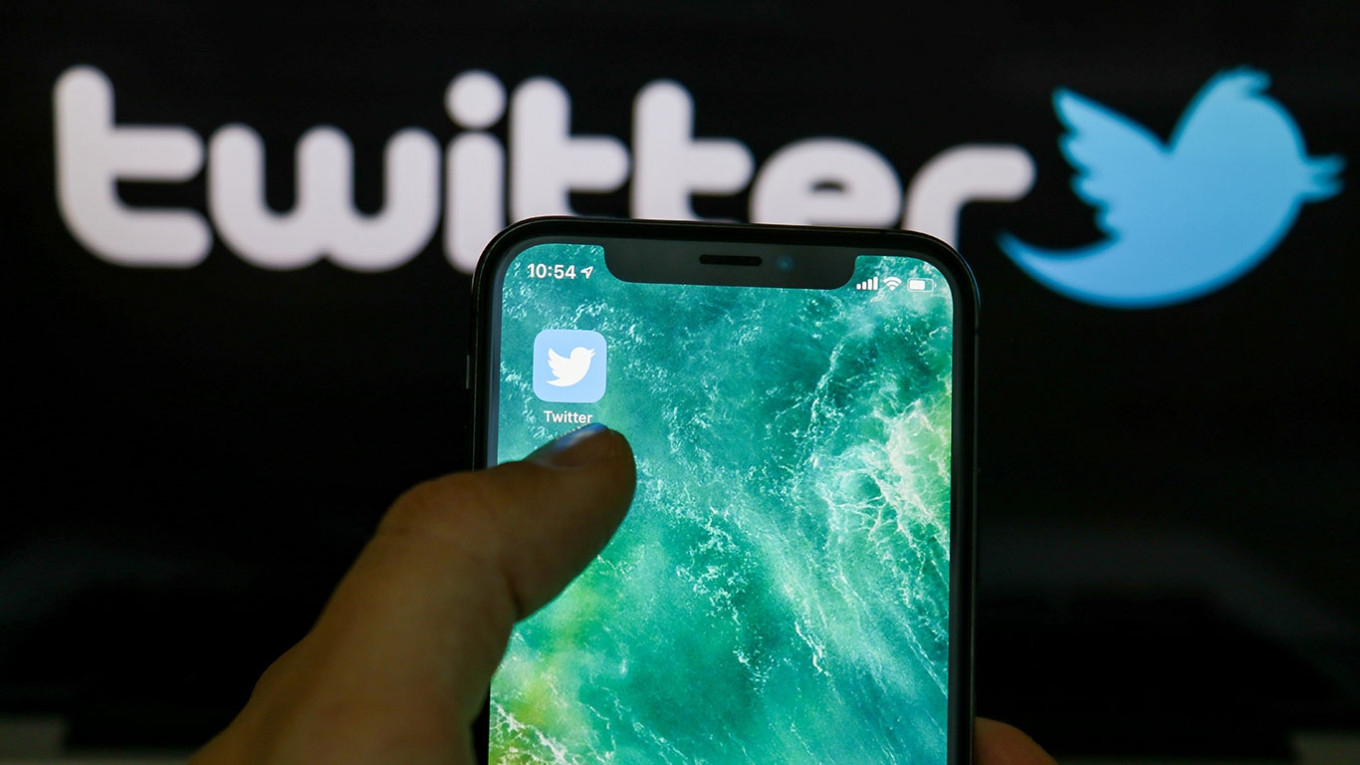Russia has fined Facebook, Twitter and WhatsApp for failing to store the data of Russian users on local servers, the country's internet watchdog said Thursday, as authorities clamp down on foreign internet companies.
The penalties come as authorities ramp up control of the Russian segment of the internet and after President Vladimir Putin accused Western social media platforms of flouting the country's laws.
Moscow's Tagansky district court fined Facebook 15 million rubles ($200,000) and Twitter 17 million rubles for repeat offenses, while WhatsApp was handed a four-million-ruble fine for a first-time infraction, the Roskomnadzor watchdog said.
Passed in 2014, the controversial law requires the personal data of Russian users to be stored on domestic servers.
Twitter and Facebook were first penalized for breaking the law last year, while Google was hit with its first fine last month.
Roskomnadzor said Thursday that some companies have begun complying with the legislation, including Apple, Microsoft, LG Electronics, Samsung, PayPal and Booking.com, among others.
Russia in recent months has been taking increasing legal action against foreign tech giants, in particular for failing to remove content at the request of Roskomnadzor.
During protests in support of jailed Kremlin critic Alexei Navalny in January, authorities accused internet platforms of interfering in the country's domestic affairs by not deleting posts calling for minors to join the rallies.
Putin that month complained about the growing influence of large technology companies, which he said were competing with states.
In June, the Russian leader said that Western social media platforms were ignoring requests to delete illegal content.
Russia has blocked a number of websites that have refused to cooperate with the authorities, including LinkedIn and the Dailymotion video platform.
The Russian government in recent years has been tightening control over the internet under the pretext of fighting extremism and protecting minors and has begun developing a so-called "sovereign internet."
Kremlin critics denounce official oversight of the web as a way to silence dissent.
A Message from The Moscow Times:
Dear readers,
We are facing unprecedented challenges. Russia's Prosecutor General's Office has designated The Moscow Times as an "undesirable" organization, criminalizing our work and putting our staff at risk of prosecution. This follows our earlier unjust labeling as a "foreign agent."
These actions are direct attempts to silence independent journalism in Russia. The authorities claim our work "discredits the decisions of the Russian leadership." We see things differently: we strive to provide accurate, unbiased reporting on Russia.
We, the journalists of The Moscow Times, refuse to be silenced. But to continue our work, we need your help.
Your support, no matter how small, makes a world of difference. If you can, please support us monthly starting from just $2. It's quick to set up, and every contribution makes a significant impact.
By supporting The Moscow Times, you're defending open, independent journalism in the face of repression. Thank you for standing with us.
Remind me later.






